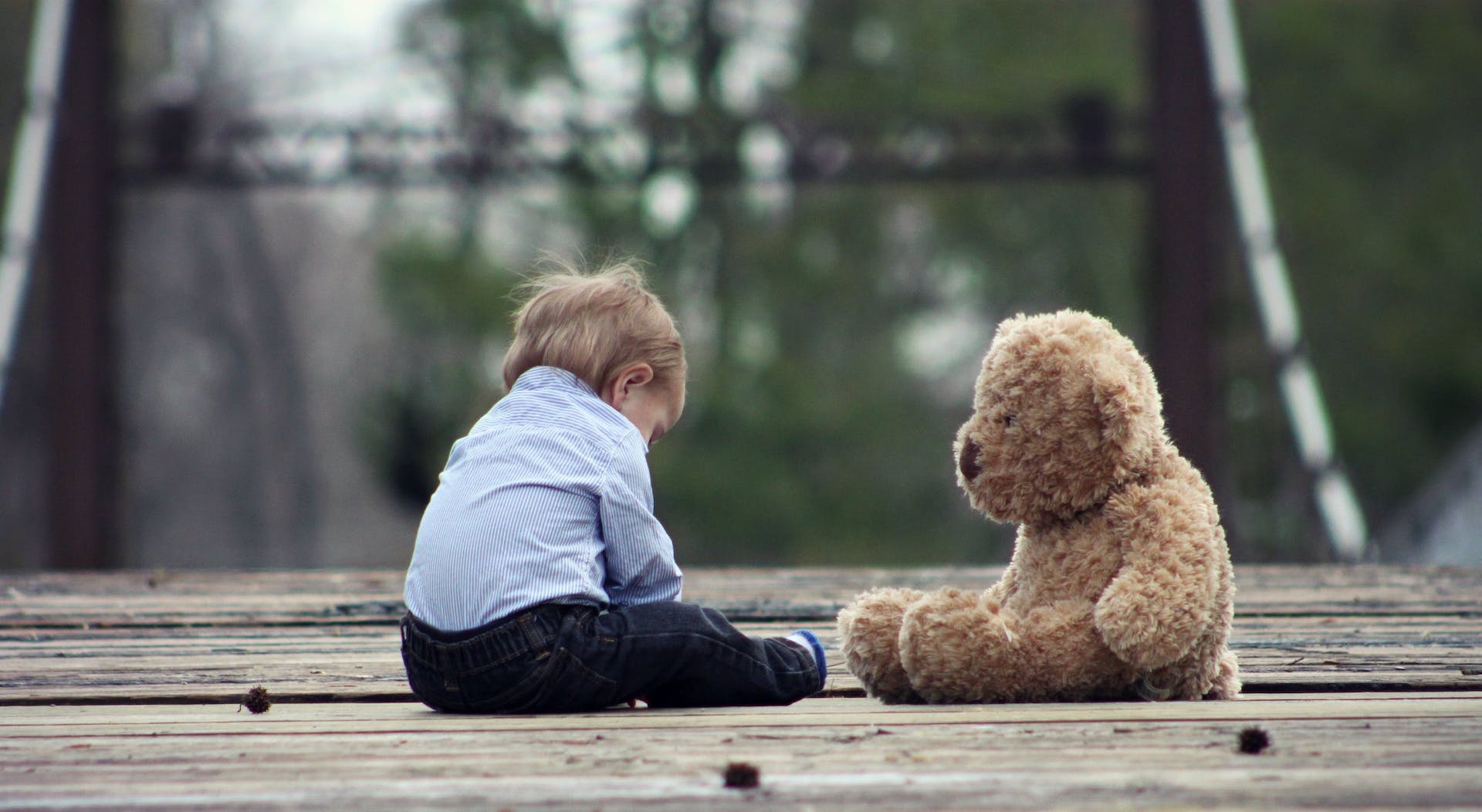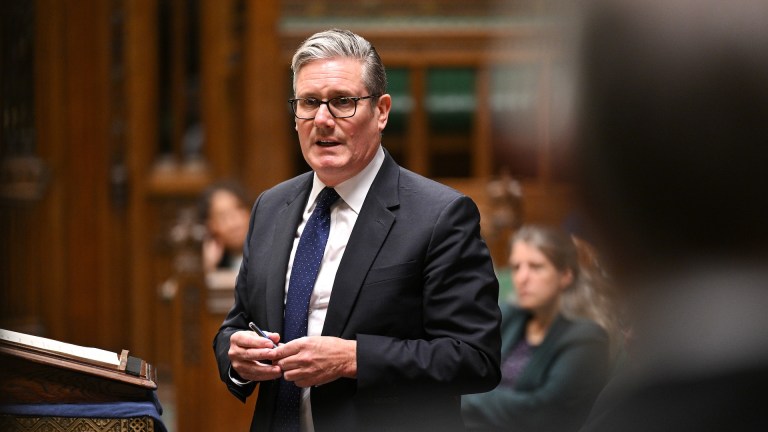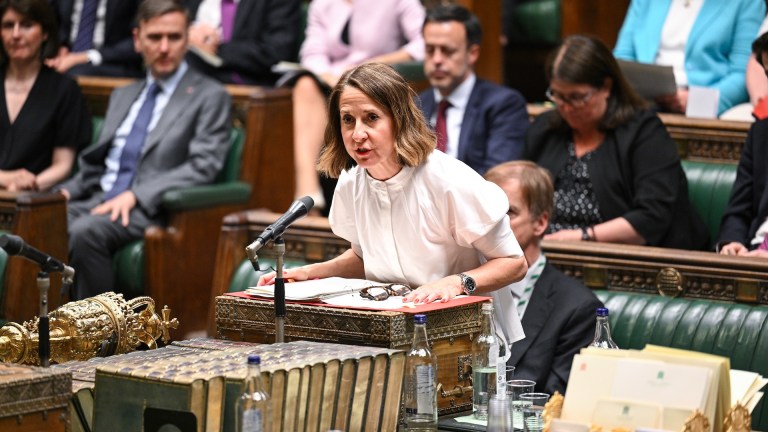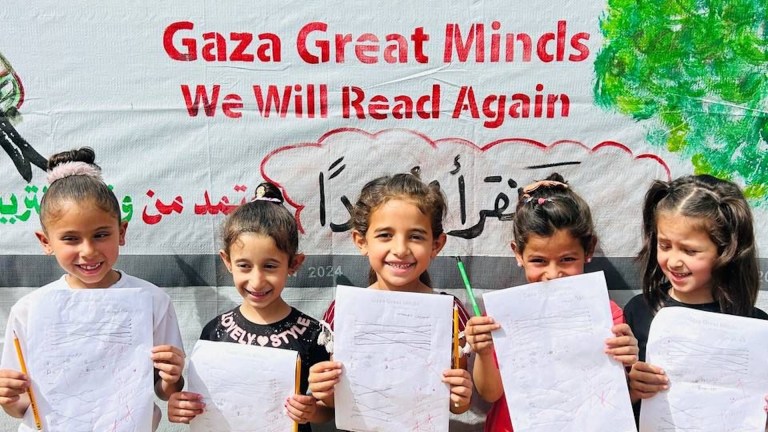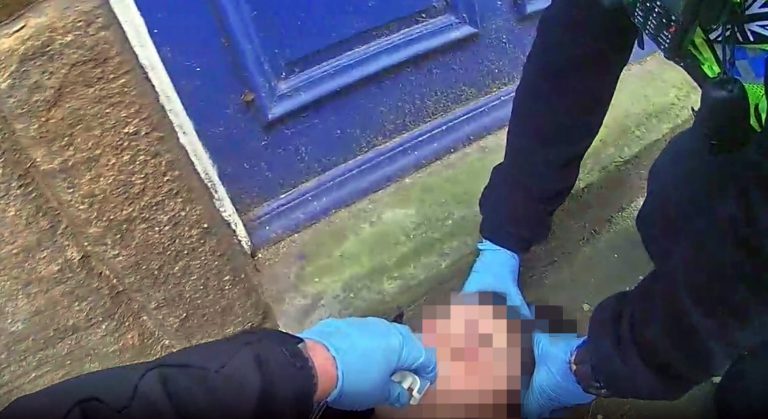In comparison, the least affected region is the South East at 8%, but that still amounts to 160,000 children who are granted less financial support than their peers because they have two or more siblings.
The government has previously ruled out connection between the two-child limit and child poverty.
Responding to a parliamentary question in December, Mims Davies, the minister for disabled people, health and work, said: “No such assessment of the potential correlation between the proportion of children living in households affected by the two-child limit and levels of child poverty has been made.”
Amanda Bailey, director of the North East Child Poverty Commission, said: “One in eight children growing up in the North East is now affected by the two-child limit – and it’s shocking that ministers don’t appear to have made any assessment of the connection between the areas worst impacted by the two-child limit and those with the very highest rates of child poverty, but that link is very evident in our region.
“Equally unacceptable is the failure to consider whether the two-child limit is even meeting its policy objectives, given it’s increasingly clear the only impact this cruel policy has had is to make life even harder for low income families – the majority of whom are in work.
“Any government serious about tackling child poverty and improving the life chances of babies, children and young people, both in the North East and across the country, would commit to ending the two-child limit as an immediate priority – and we strongly urge all political parties to do so.”
An estimated 250,000 children could be lifted out of poverty if the government scrapped the policy. It would come at a cost of £1.3bn but mean savings for public services and a boost for the economy in the long term.
Joseph Howes, Chair of the End Child Poverty Coalition and CEO of Buttle UK said: “We don’t limit hospital treatment or school attendance to the first two children in a family only. Yet this is exactly what the unfair two-child limit to benefit payments does. It denies families the support they need, at a time when they need it the most.
“Any one of us could need help from the benefit system and while we once may have thought we had the finances to support three or more children, Covid and a cost of living crisis has pushed many to breaking point. It is not fair that one in 10 children are growing up in a family impacted by this harsh policy.
“This election year tackling child poverty should be a priority for all political parties. An effective way to immediately address growing numbers of children living in poverty is to commit to scrapping the two-child limit to benefit payments.”
A further 850,000 children would be pulled out of less deep poverty if the policy was removed, according to the Child Poverty Action Group. Many of the one million kids living in destitution could benefit.
Lynn Perry, the chief executive of Barnardo’s, said: “It’s simply not right that children growing up with two or more siblings are so much more likely to be living in poverty. The majority of families receiving universal credit are in work, and many are struggling for reasons beyond their control – such as a family break-up, the death of a partner, or someone losing a job amid the cost of living crisis.
“The unfair two-child limit on benefits is one of the biggest policy drivers of child poverty. If political parties are serious about levelling-up they need to urgently commit to ending the policy. This needs to be included in the manifestos of all political parties ahead of the forthcoming election to help tackle child poverty in the UK.”
Do you have a story to tell or opinions to share about this? We want to hear from you. Get in touch and tell us more.
